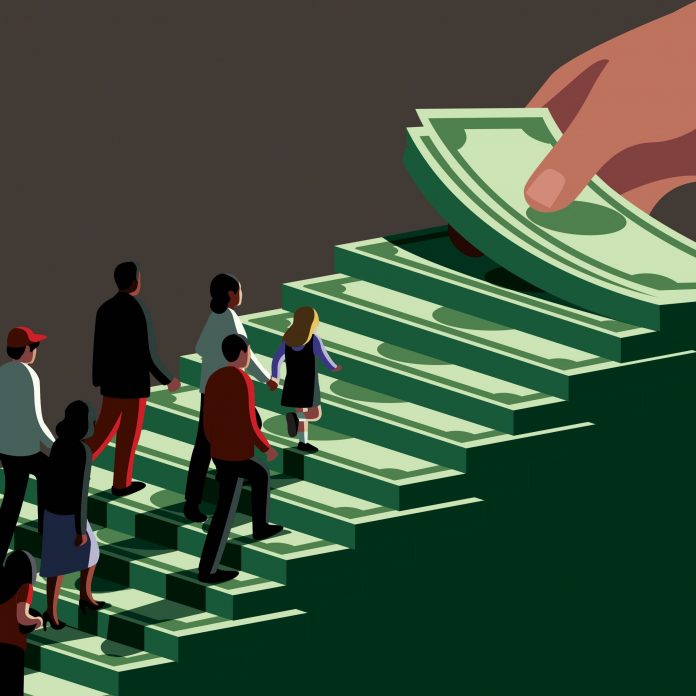The debate on universal basic income has gained momentum in South Korea. COVID-19 has left the global economy in shambles and recovery is low on all fronts. The coronavirus outbreak and the country’s growing income divide is forcing a rethink on social safety nets.
The concept was thrust into the spotlight in the country when Gyeonggi Province Gov. Lee Jae-myung proposed a basic income of 500,000 won (US$430) a year per person this year. Lee aims to the figure expand gradually over time until it reaches 500,000 won a month, which is roughly equivalent of South Korea’s social welfare payments.
At the rate of US$430 per person for annual payout, the program would cost around US21.3 billion a year. Such can be funded through budgetary adjustments. However, a monthly US$430 will cost US$256 billion annually, a number that is over half of the national budget.
“We cannot get to 500,000 won a month right now. But we can get there in 15 to 20 years by bolstering taxes on land, which is a public asset, carbon dioxide emissions from burning fossil fuels, and digital services developed using data we have produced,” said Lee.
Lee is advocating distributing basic income in the form of a regional currency, an experiment Gyeonggi Province already tested with coronavirus-linked assistance. Each resident received 100,000 won, about US$85, in a regional currency. The condition for this was to spend the distributed income within three months, allowing the entire sum for the program to be redistributed and recirculated back into the local economy.
Recently, fourteen progressive lawmakers submitted a bill that would create a new committee to discuss how basic income can be funded, with plans to start distributing 300,000 won a month in 2022 and at least 500,000 won a month in 2029.
The lawmakers propose diverting some regional taxes to a special budget to fund basic income. Several of the shortfalls could possibly be addressed by streamlining redundant social benefits and reviewing tax relief programs.
Despite this, the South Korean government remains wary of the idea. “Our priority right now is overcoming the coronavirus crisis, and the debate on basic income can wait,” Economy and Finance Minister Hong Nam-ki said earlier in July.




















